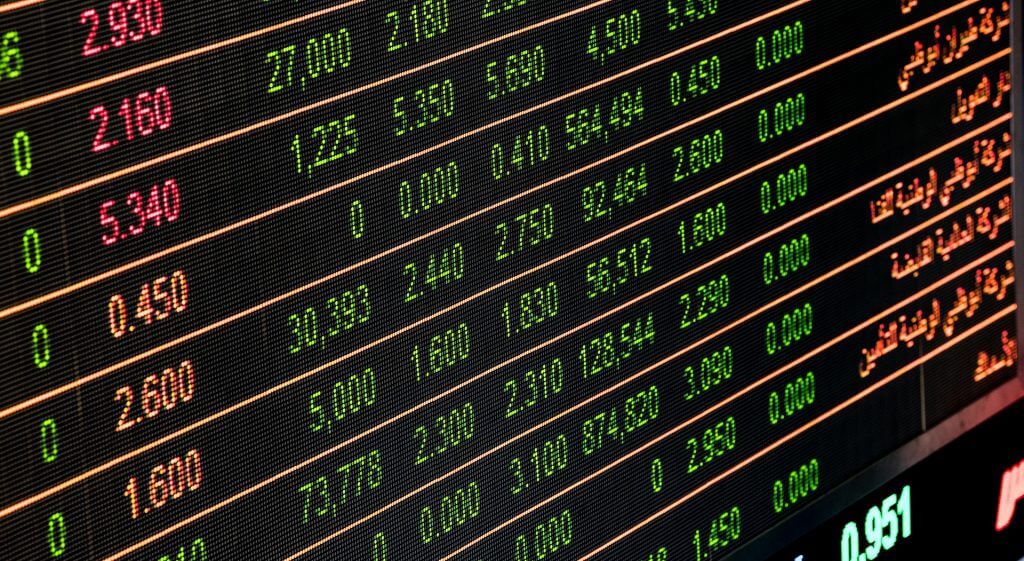Dubai: Dubai stock market is one of the many that was impacted by the unexpected coronavirus outbreak. Investors feared the worst form this slowdown which showed record outflows in the month of March. However recent reports show positive signs in the Dubai stock market.
Buying appetite among foreign investors is making its way back into the Dubai stock market after a tumultuous few months of steep outbreak-induced selloffs.
Foreign buying picked up further in May on the Dubai Financial Market (DFM), with overseas investment gains now halfway back to levels seen at the start of the year.

March sow shortfall in overseas investments which then widened to a massive Dh764 million. During April, the deficit narrowed to Dh181 million.
In May, the DFM recorded a net foreign investment gain of Dh206 million, making it the first time since January since foreign buying spiked and outpaced selling. In January the net gain was a mammoth Dh552 million.
The gains were particularly driven by a tremendous spike in foreign buying during the last trading day of the month, May 28 – in the amount of Dh1.07 billion. The net investment gain recorded on the day alone was Dh208 million.
A sharp reversal from the March selloffs clearly indicated that market confidence among foreign investors was being built back up – although the prior selloff largely resonated with the panic global investors were experiencing then.
Foreign investors in the UAE’s financial markets are classified into three categories, which are non-Arabs, Gulf Cooperation Council, GCC, citizens, and Arab investors. Dubai Financial Market until now had seen consistent foreign buying. Since January 2019, foreign investors bought Dh39.3 billion in stocks, while selling shares worth Dh37 billion.
Official stats did point out a 20 percent increase in the value of foreign investors trading in the Abu Dhabi and Dubai markets in 2019. The net investments of non-Arab foreign investors in the UAE’s financial markets doubled 11 times in 2019, to Dh12.5 billion.
But little did markets know then the COVID-19 crisis would catch up and lead to biggest foreign selloff – triggering a decline of nearly Dh400 million since the start of the year.
Contributing to the record selloff in March was a shortfall in institutional investments of about Dh677 million.
(Organizations that control a lot of money — funds, insurers, banks, REITs — and buy securities are referred to as institutional investors. These entities own shares on behalf of their clients, and are generally believed to be the force behind supply and demand in the market.)
During the months that followed, April and May, selling remained prevalent among institutional investors with deficits of Dh300 million and above.
The Securities and Commodities Authority, SCA, has been adopting systems to attract capital and local and international expertise in the past years, by upgrading markets at international index providers.
Four years ago, the UAE was upgraded to an emerging market by the MSCI Emerging Markets Index, which was a global acknowledgment that the country’s financial markets have reached international standards, leading to more long-term capital flow from foreign investors.




![The Top & Most Popular Seafood Bucket Restaurants in Dubai for you [Never Miss]](https://uae24x7.com/wp-content/uploads/2020/09/8-seafood-in-a-bucket-scaled-e1600739237403.jpg)
![Procedures for Renewing the Driving License in Abu Dhabi [3 Simple Steps]](https://uae24x7.com/wp-content/uploads/2020/07/Capture-9-e1595666454466.jpg)





